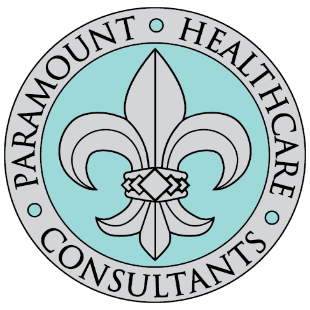Many patients require specialized treatment post-surgery or post-hospitalization. Today, many skilled nursing facilities have transformed into comfortable residential spaces where patients can stay more comfortably after life-saving surgeries. This surely helps them present a more patient-friendly image than just common medical care centers that they have been perceived as for a long time.
Such skilled nursing facilities provide an ideal and nourishing environment for you and your loved ones to recuperate post surgeries and other complicated procedures.
If you are planning on transferring a post-hospitalization family member into a skilled nursing facility, you might want to learn about their complete working procedure.
The article below will explain some of the most common queries regarding skilled nursing facilities, and help you understand how they can benefit you and your loved ones in recovering fast.
What is Skilled Nursing?
Typically speaking, skilled nursing is the aid provided by medically proficient and trained nurses to rehabilitate patients after hospitalization. It is necessary as while family members can provide emotional and moral support, they are often not very proficient at medical care. The trained nurses at skilled nursing facilities can help with changing dressings, administering injections, IV medication, and operating ventilators.
These facilities are not required for the long term, and the patient can move back to their homes once they’re back on their feet and healthy.
Which Medical Coverage Policies Cover Skilled Nursing?
Skilled nursing provides round-the-clock medical care that a patient fresh out of surgery requires, and hence it can be pretty expensive. Fortunately, it is covered by two major government medical coverages namely Medicaid and Medicare. You need to make sure that the skilled nursing facility you choose is Medicaid- or Medicare-certified to take benefits of these coverages.
- Medicare coverage: If your nursing facility is Medicare-certified, it will cover your stay partially for up to 100 days, after which the patient or their insurance provider will have to pay the entirety of the fees. However, your stay for upto 20 days will be fully covered.
- Medicaid coverage: Medicaid covers most nursing facilities. However, there are certain conditions. According to the guidelines, apart from the facility being Medicaid-certified, the patient should also be eligible to get Medicaid benefits. It must also be proven that long-term medical care is necessary for the patient.
How Do Skilled Nursing Facilities Work?
In the case of elderly and severely-injured patients, medical attention is required even after being released from the hospital. Skilled nursing facilities help the patient in the transition from the hospital to their homes. A significant difference between other caretaking services and skilled nursing facilities is the skill and expertise of the care providers. At skilled nursing facilities, the patient receives specialized services like rehabilitation, dieticians, doctors, registered nurses, and professional therapists to get back to their pre-hospital, everyday lifestyle.
What to Admit Yourself or a Loved One in a Skilled Nursing Facility?
You might want to check your potential skilled nursing facility for the following before admitting yourself or a loved one:
- Amenities
- Coverage, certifications, and insurances
- Medical staff and their experience
- Activities
- Rooms
- Food
- Accessibility
- Emergency provisions
About Cornerstone at the Ranch
Cornerstone at the Ranch is a skilled nursing and rehabilitation facility located in Lafayette, Louisiana providing physical, occupational, and speech therapy, 24-hour nursing, dietary services, and social services. Our nursing staff is highly experienced and carries out their duties with loving care. They are our biggest strength and also the reason behind the quick recovery of a majority of our residents.
You can call us at (337) 981-5335 or fill out our contact form to schedule a tour of our center.
